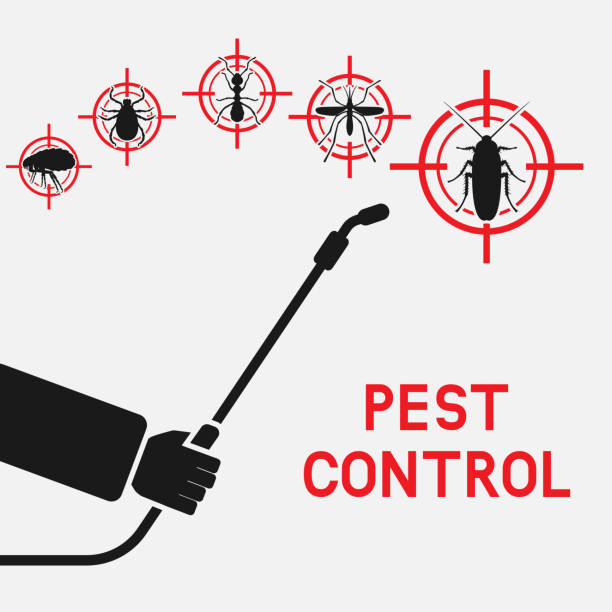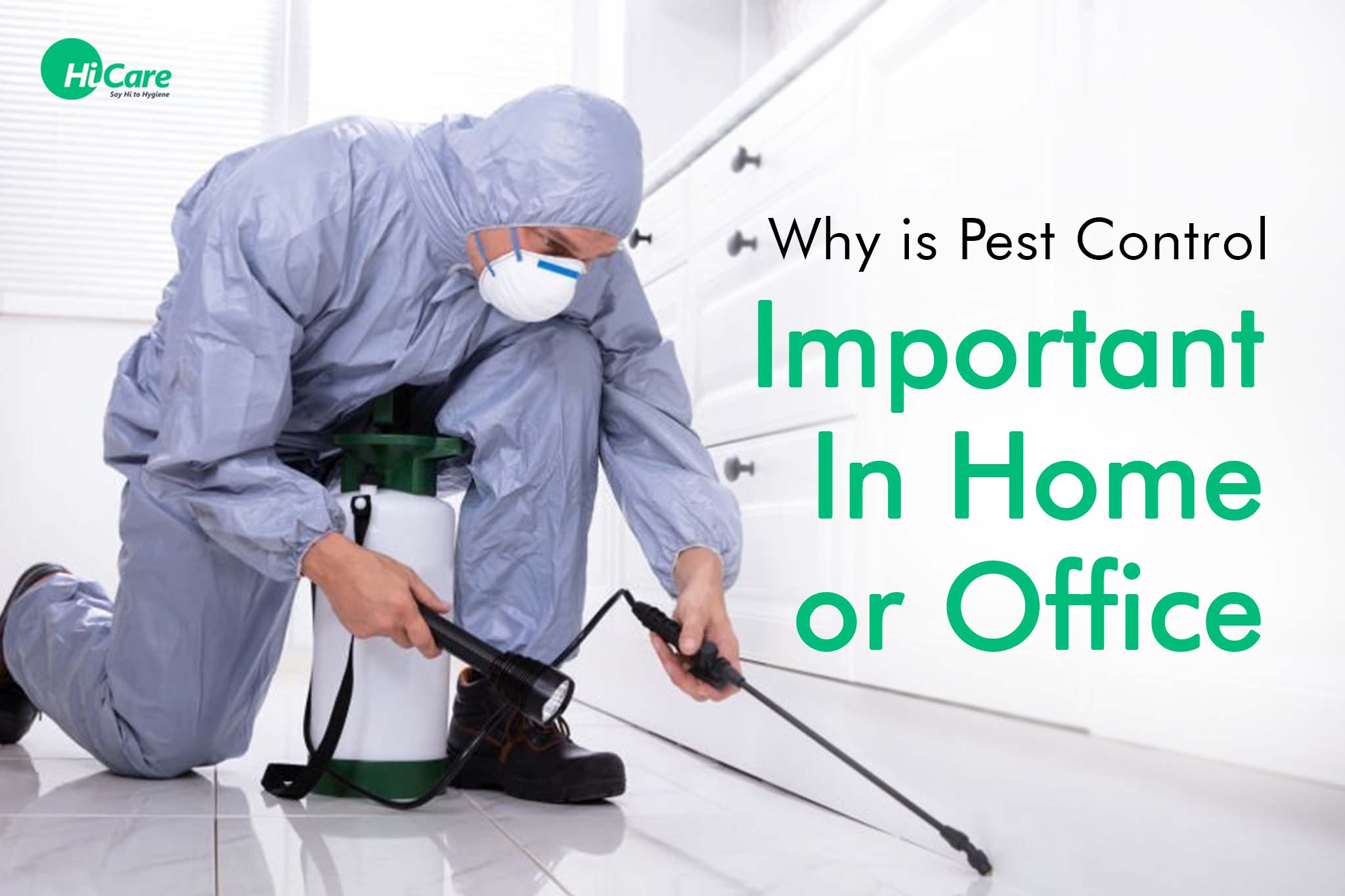Effective Coquitlam Pest Control Solutions for a Pest-Free Environment
Effective Coquitlam Pest Control Solutions for a Pest-Free Environment
Blog Article
Safe and Trusted Pest Control for Lasting Protection
Efficient parasite monitoring needs a multifaceted technique that balances environmental stability with the demand for effective parasite suppression. The subtleties of these methods might not be promptly clear, motivating a closer evaluation of the methods that can lead to sustainable parasite control end results.
Comprehending Bug Control Methods
Bug control incorporates a selection of approaches focused on handling and getting rid of unwanted pests and rodents that can intimidate both health and home. Understanding these approaches is crucial for effective pest monitoring.
The key classifications of insect control methods include mechanical, organic, and chemical techniques. Mechanical approaches include physical obstacles and catches to stop insect access and capture undesirable varieties. Making use of screens on windows or employing sticky catches can dramatically decrease parasite populations without presenting damaging materials - exterminator coquitlam.

Chemical pest control is typically one of the most identified technique, using chemicals to remove pests. These chemicals can be efficient however need to be used with care to stay clear of damaging results on non-target types and the atmosphere.
Advantages of Eco-Friendly Solutions
Exactly how can environment-friendly remedies transform bug control methods? The fostering of eco-friendly parasite control techniques offers many benefits, substantially enhancing the performance and safety and security of insect administration.

Another benefit is the favorable influence on regional biodiversity. Environmentally friendly services are designed to target details parasites while protecting useful bugs and wildlife, promoting a well balanced environment. This method aligns with the expanding consumer need for sustainable methods, enhancing the online reputation of bug control suppliers.
Integrated Insect Management Approaches
The application of environmentally friendly solutions normally results in the fostering of Integrated Insect Monitoring (IPM) techniques, which further boost bug control efficacy. IPM is a holistic approach that integrates multiple tactics to manage parasite populations while minimizing ecological impact. This approach highlights the usage of biological, social, mechanical, and chemical controls, guaranteeing a lasting and well balanced approach of bug administration.
One essential aspect of IPM is the detailed analysis of pest activity and ecological problems. By keeping an eye on insect populations and determining their life process, professionals can apply targeted interventions that interrupt the parasite's habitat or lifecycle, decreasing dependence on chemical pesticides. In addition, cultural practices such as crop turning and habitat manipulation can dramatically diminish insect establishment and recreation.
One more vital part is making use of biological control agents, such as valuable bugs or microbes, which can naturally subdue bug populaces. When chemical applications are essential, IPM prioritizes making use of low-risk chemicals and uses them selectively, reducing direct exposure to non-target organisms and humans.
Incorporating IPM techniques not only enhances insect control efficiency however likewise promotes a safer ecosystem, aligning with the growing need for lasting techniques in parasite monitoring.
Safe Practices for House Owners
Comprehending the importance of safe techniques in parasite control can encourage house owners to successfully handle pest issues while go to the website protecting their health and wellness and the environment. Implementing preventive procedures and safe techniques is essential in minimizing direct exposure to damaging chemicals.
Home owners need to initially assess their setting for conditions that draw in parasites, such as standing food, mess, and water waste. Regularly cleaning and securing entrance factors can discourage parasites from invading the home. Making use of all-natural deterrents, such as vital oils or diatomaceous planet, can supply reliable alternatives to chemical pesticides.
When chemical therapies are essential, property owners must go with products that are specifically identified as secure for residential use. It is necessary to adhere to application standards carefully to prevent overexposure. Using targeted treatments in areas where insects are determined, rather than blanket spraying, can dramatically reduce chemical use.
Lastly, preserving open communication with insect control experts is crucial. House owners must ask about the safety of products used and request environmentally friendly choices whenever possible. By adopting these safe practices, property owners can create a much healthier living setting while successfully handling bug problems.

Tips for Long-Term Defense
Developing a pest monitoring method that highlights long-term protection can substantially enhance the effectiveness of the secure methods formerly discussed. To achieve this, house owners ought to apply regular evaluations of their building, concentrating on hidden locations such as attics, basements, and crawl rooms. Early discovery of bug activity is essential in preventing problems from taking hold.
These techniques reduce attractants that draw parasites into the home. Securing access factors, such as cracks around doors and home windows, can effectively block possible parasite access.
Landscape design needs to also be thought about; maintaining plants cut and maintaining a distance between plant life and the home reduces hiding spots for pests. Utilizing natural deterrents, such as essential oils or diatomaceous earth, can even more dissuade invasions without resorting to extreme chemicals.
Lastly, teaming up with an expert parasite control solution for routine examinations can give an added layer of security. These specialists can provide customized suggestions and progressed treatments, making sure that your home continues to be protected versus parasites in the long-term.
Conclusion
To conclude, trusted and risk-free pest control requires a complex approach that highlights environment-friendly methods and integrated bug administration. By carrying out natural deterrents, performing routine evaluations, and preserving appropriate hygiene, homeowner can dramatically decrease pest populations while securing valuable bugs and the environment. Cooperation with specialist pest control services enhances the efficiency of these approaches, making sure tailored remedies that provide long lasting protection and peace of mind versus future invasions.
Efficient parasite administration requires a multifaceted method that balances eco-friendly honesty with the requirement for effective parasite reductions. The fostering of environment-friendly insect control techniques offers numerous benefits, substantially boosting the effectiveness and safety of insect monitoring.The implementation of environmentally friendly remedies normally leads to the fostering of Integrated Bug Administration (IPM) approaches, which further enhance insect control effectiveness. exterminator coquitlam. By monitoring insect populations and determining their life cycles, practitioners can carry out targeted interventions that interfere with the bug's environment or lifecycle, minimizing dependence on chemical pesticides.In final thought, risk-free and trusted bug control calls for a complex technique that emphasizes environment-friendly approaches and incorporated pest monitoring
Report this page